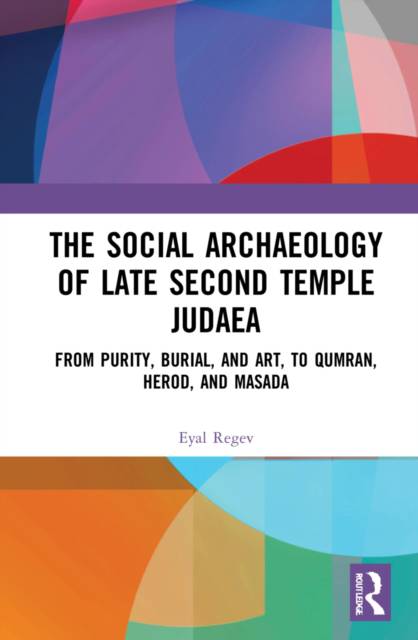
- Retrait gratuit dans votre magasin Club
- 7.000.000 titres dans notre catalogue
- Payer en toute sécurité
- Toujours un magasin près de chez vous
- Retrait gratuit dans votre magasin Club
- 7.000.0000 titres dans notre catalogue
- Payer en toute sécurité
- Toujours un magasin près de chez vous
The Social Archaeology of Late Second Temple Judaea
From Purity, Burial, and Art, to Qumran, Herod, and Masada
Eyal RegevDescription
This book analyzes social ideology and social relationships in late Second Temple Judaea, studying a range of archaeological material and sites to better understand both communal and individual trends in Jerusalem and its environs.
Using several different methodologies, the book brings to light new ideas about social trends such as individualism among Jews and Judeans during the late Second Temple period. It provides in-depth analysis of the social aspects of ritual baths, burial caves, ossuaries, and decorated oil lamps, as well as thorough examinations of the sites of Khirbet Qumran, Herod's palaces, and Masada during the First Jewish Revolt against Rome.
Social Archaeology of the Late Second Temple Judaea is suitable for students and scholars interested in the history, society, and archaeology of the Jews in the Second Temple period as well as the social background of early Christianity, early Rabbinic Judaism, and Levantine archaeology.
Spécifications
Parties prenantes
- Auteur(s) :
- Editeur:
Contenu
- Nombre de pages :
- 272
- Langue:
- Anglais
Caractéristiques
- EAN:
- 9781138358881
- Date de parution :
- 20-07-22
- Format:
- Livre relié
- Format numérique:
- Genaaid
- Dimensions :
- 156 mm x 234 mm
- Poids :
- 580 g

Les avis
Nous publions uniquement les avis qui respectent les conditions requises. Consultez nos conditions pour les avis.






